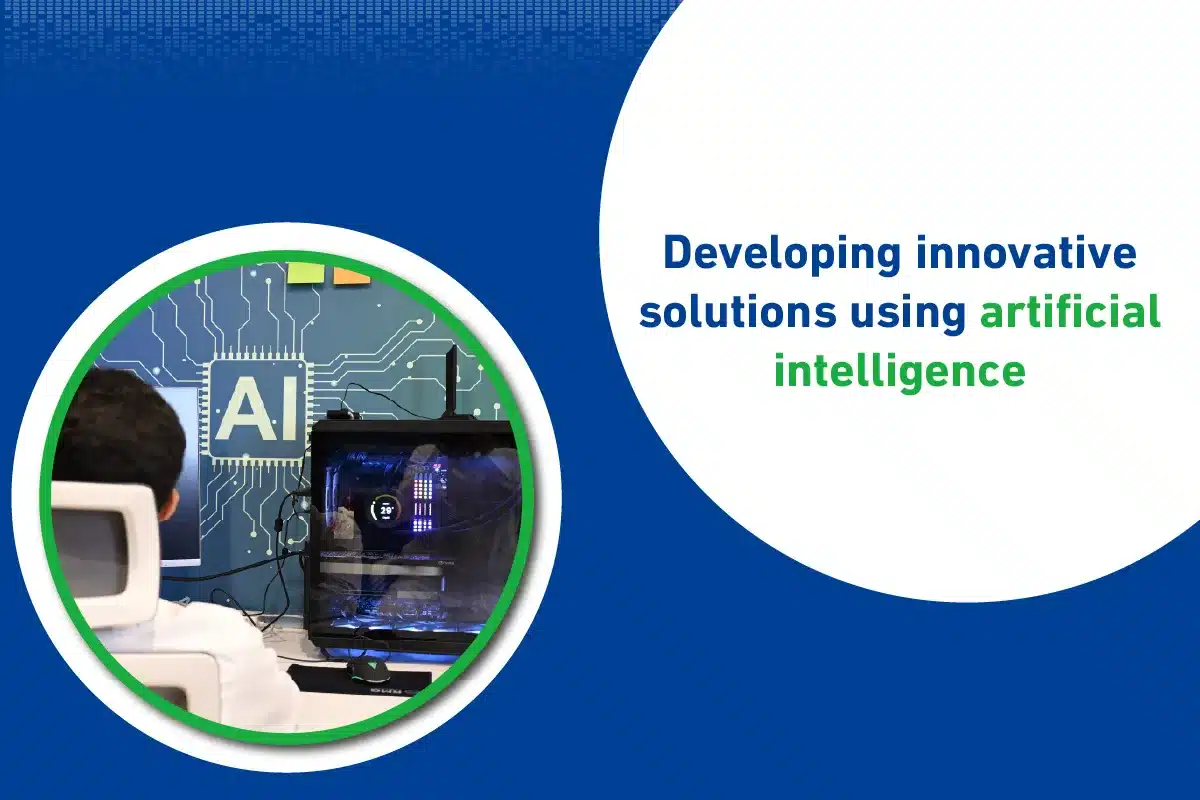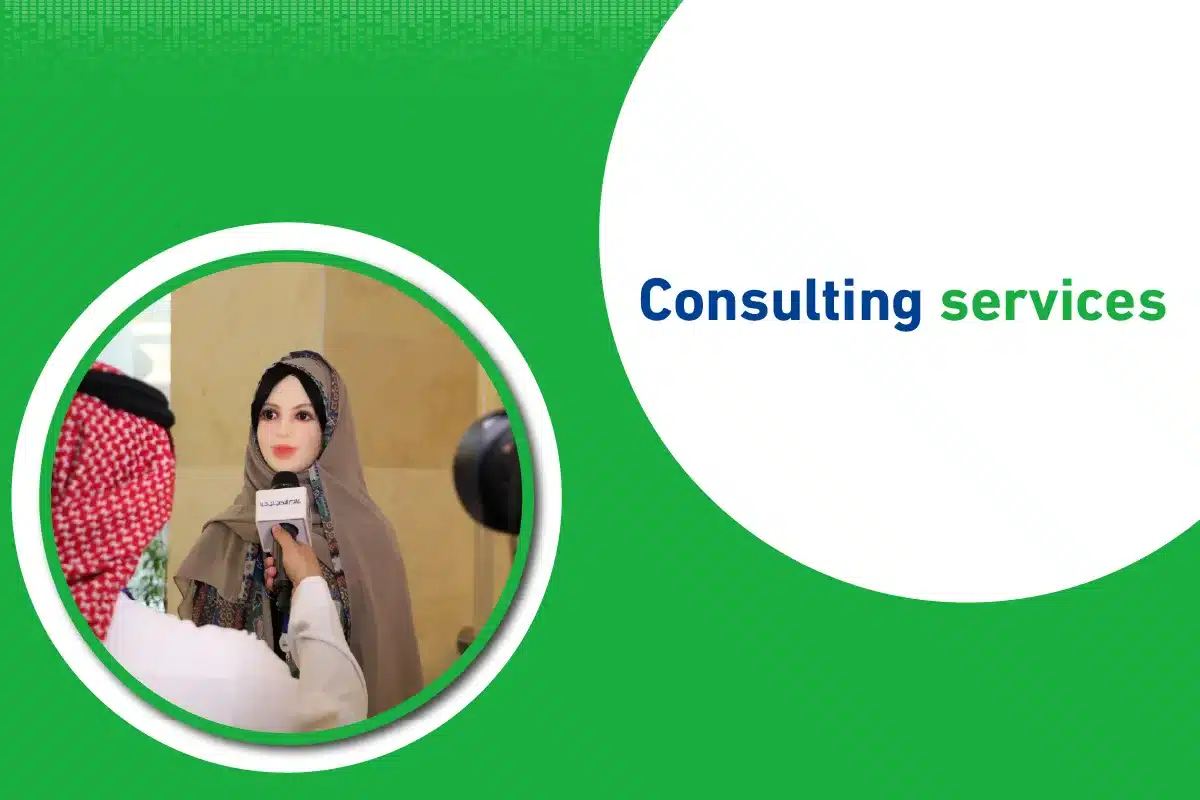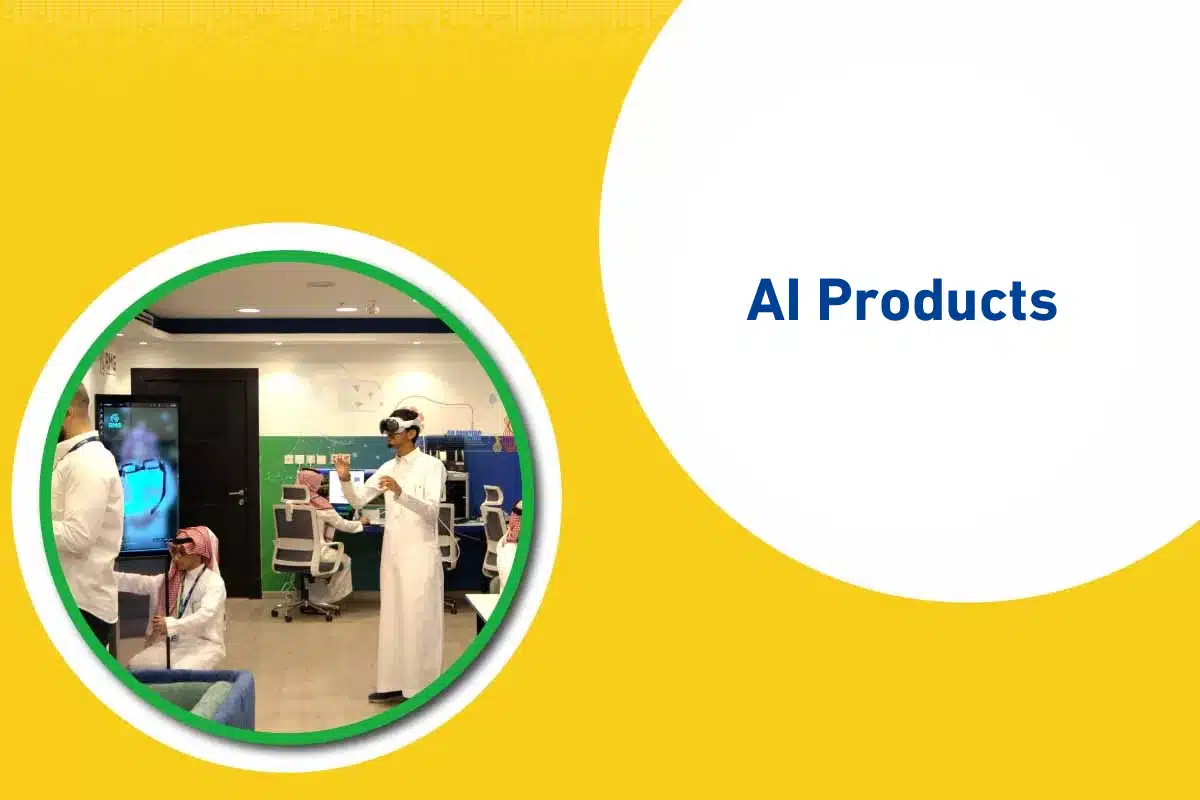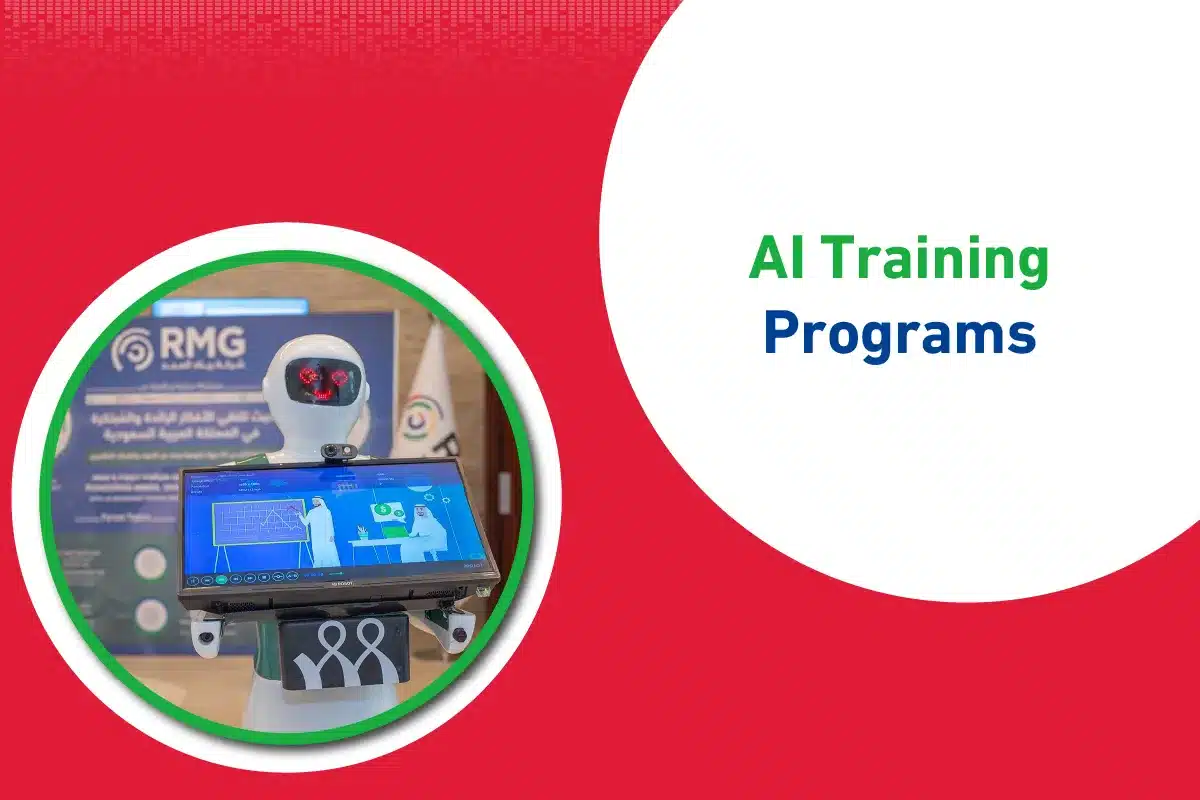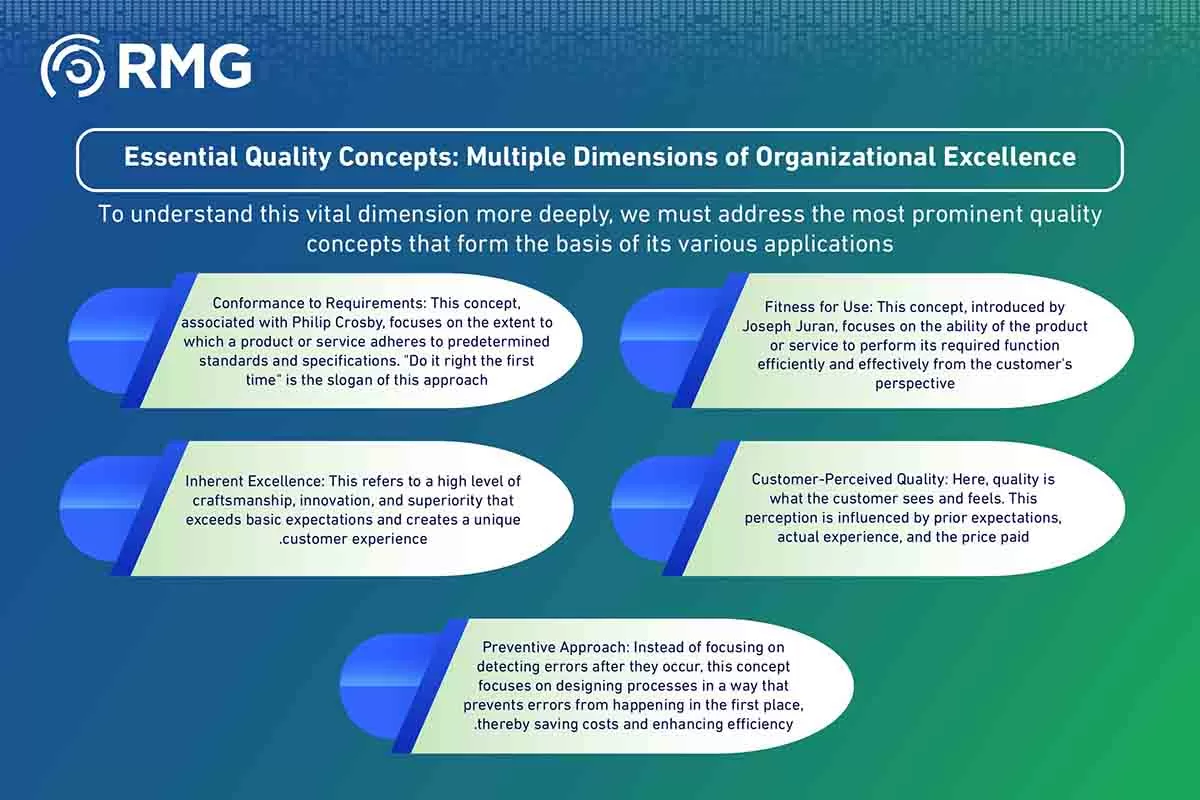Discover the secrets of organizational excellence and how to lead your institution towards leadership and sustainable success. Learn about modern quality concepts, the quality management cycle, and how Renad Al Majd provides you with integrated solutions to achieve superiority.
In today’s business world, characterized by intense competition and rapid changes, high standards are no longer merely an option or an added advantage; they have become an absolute necessity for survival, growth, and prosperity. The pursuit of achieving these standards is not a goal that ends upon accomplishment, but rather a continuous journey of improvement and development that requires a clear vision, a solid strategy, and a supportive organizational culture. This article takes you on a deep dive to explore what quality is, its importance, its dimensions, and how Renad Al Majd can be your ideal partner in this journey towards excellence.
What is Quality? Deconstructing the Core Concept of Success
When we talk about the meaning of quality, we are not referring to a single, rigid concept, but rather to a set of characteristics and attributes that determine the suitability of a product or service for a specific purpose, and its ability to meet or exceed customer expectations. The definition of quality goes beyond merely the absence of defects; it encompasses efficiency, effectiveness, reliability, sustainability, and customer satisfaction as a fundamental goal.
The concept of this approach has evolved significantly over time. After initially focusing on inspecting the final product to detect defects, the focus shifted to include entire production and service processes, leading to the concept of “total excellence” which integrates this attribute into every aspect of the organization, from top leadership to every employee.
Essential Quality Concepts: Multiple Dimensions of Organizational Excellence
To understand this vital dimension more deeply, we must address the most prominent quality concepts that form the basis of its various applications:
- Fitness for Use: This concept, introduced by Joseph Juran, focuses on the ability of the product or service to perform its required function efficiently and effectively from the customer’s perspective.
- Conformance to Requirements: This concept, associated with Philip Crosby, focuses on the extent to which a product or service adheres to predetermined standards and specifications. “Do it right the first time” is the slogan of this approach.
- Customer-Perceived Quality: Here, quality is what the customer sees and feels. This perception is influenced by prior expectations, actual experience, and the price paid.
- Inherent Excellence: This refers to a high level of craftsmanship, innovation, and superiority that exceeds basic expectations and creates a unique customer experience.
- Preventive Approach: Instead of focusing on detecting errors after they occur, this concept focuses on designing processes in a way that prevents errors from happening in the first place, thereby saving costs and enhancing efficiency.
Understanding these fundamental approaches helps organizations determine the most suitable approach for them to achieve their goals related to excellence.
Why are High Standards the Cornerstone of Business Sustainability?
Investing in achieving these standards is not a luxury; it is a strategic investment that yields immense benefits for organizations, most notably:
- Increased Customer Satisfaction and Loyalty: When customers receive high-level products and services that meet their needs and exceed their expectations, their satisfaction increases, and consequently, their loyalty to the brand.
- Improved Reputation and Market Position: Organizations known for their commitment to excellence gain a good reputation, which attracts more customers and enhances their competitive position.
- Reduced Costs and Increased Efficiency: Implementing effective performance management systems leads to reduced waste, rework, and warranty costs, which improves operational efficiency and increases profitability.
- Increased Employee Morale and Productivity: A work environment that values excellence and encourages continuous improvement contributes to increased employee satisfaction and motivates them to deliver their best.
- Compliance with Regulatory and Legal Requirements: Many industries have mandatory standards, and adherence to them prevents organizations from legal problems and fines.
- Opening New Markets: Internationally recognized accreditation certificates, such as ISO certificates, can open doors for organizations to enter new global markets.
The Quality Management Cycle (PDCA): The Continuous Engine for Continuous Improvement
The Quality Management Cycle, known as the Deming Cycle or PDCA (Plan, Do, Check, Act), is one of the essential tools for achieving continuous improvement. It consists of four consecutive and integrated stages:
- Plan:
- Identify the problem or opportunity for improvement.
- Analyze the current situation and collect data.
- Define objectives and develop a detailed action plan to achieve them, including required resources and key performance indicators.
- In this stage, careful thought is given to what quality is required and how to achieve it.
- Do:
- Implement the planned action on a small or experimental scale initially.
- Document any changes or deviations from the original plan.
- Train involved teams and provide necessary support.
- Check:
- Measure results and compare them with the objectives defined in the planning stage.
- Analyze collected data to determine the success of the implementation.
- Identify any unexpected gaps or problems that emerged during implementation.
- Act/Adjust:
- If the results are satisfactory, the changes are standardized and generalized on a wider scale.
- If the results are not as expected, the root causes of the problem are identified, and necessary corrective actions are taken.
- Lessons learned are documented for use in future improvement cycles.
- The cycle begins anew with new planning based on what has been learned.
The systematic application of this cycle ensures organizations an effective mechanism for continuously developing their operations, products, and services, thereby enhancing their ability to achieve overall excellence.
Renad Al Majd Company: Your Strategic Partner in the Journey of Excellence and Superiority
Renad Al Majd (RMG) recognizes the importance of quality as a fundamental pillar of organizational success across various sectors. Drawing on its extensive experience and qualified team, Renad Al Majd offers a comprehensive range of consulting and training services to help its clients build and implement effective management systems and achieve organizational excellence. Our services related to achieving this noble goal include:
- Consulting and Qualification for International ISO Certifications:
- Quality Management System (ISO 9001): We help you implement the requirements of this most famous international standard, ensuring the improvement of your operations and increased customer satisfaction.
- Environmental Management System (ISO 14001): We support you in implementing environmentally friendly practices that reduce the environmental impact of your operations.
- Occupational Health and Safety Management System (ISO 45001): We help you provide a safe and healthy work environment for your employees.
- Food Safety Management System (ISO 22000): We provide support to food organizations to ensure the safety of their products throughout the supply chain.
- And other specialized ISO certifications such as ISO 27001 (Information Security), ISO 50001 (Energy Management), and ISO 17025 (Testing and Calibration Laboratories).
- Developing and Implementing Customized Management Systems that Meet Your Quality Requirements: We design and implement systems that suit the nature of your business and your specific needs, focusing on achieving tangible results.
- Training and Capacity Building in Quality: We offer specialized training courses on its basic concepts, tools, the Quality Management Cycle (PDCA), internal auditing, and the requirements of various ISO standards, with the aim of building a culture of excellence and superiority within your organization.
- Internal and External Audit Services (Simulation): We help you evaluate the effectiveness of your implemented management system and identify strengths and opportunities for improvement, and prepare you for external audit processes.
- Continuous Improvement Consulting and Implementation of Lean and Six Sigma Methodologies: We support you in applying continuous improvement tools and methodologies to increase efficiency and reduce waste.
At Renad Al Majd, we believe that this pursuit of excellence is not just a certificate to be hung on the wall, but rather a work culture and an integrated system aimed at achieving sustainable excellence.
Call to Action: Elevate Your Organization with Renad Al Majd’s Solutions for Achieving Excellence
Your pursuit of achieving the highest standards is an investment in your organization’s future. Whether you are seeking ISO certification, developing a customized quality management system, or training your teams on the latest operational excellence practices, Renad Al Majd Company is your trusted partner to achieve these goals.
We invite all ambitious entities and organizations, from both public and private sectors, who understand the true meaning of quality and strive for excellence, to contact us today. Let us help you transform the challenges of implementing these standards into real opportunities for growth and leadership. Our team of experts is ready to provide an initial consultation to understand your needs and offer the most suitable solutions for you.







